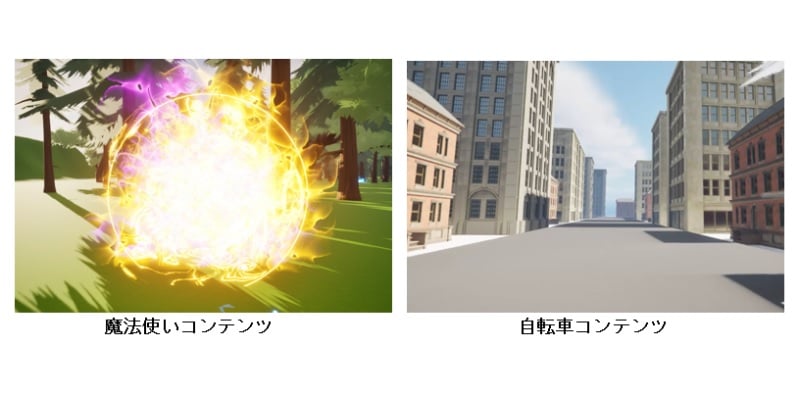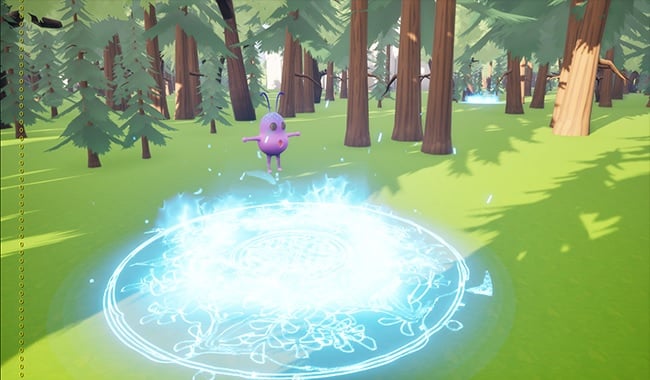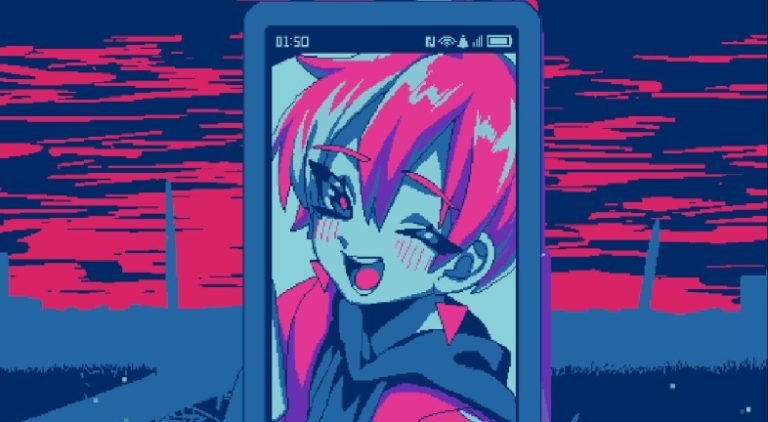Okayama University and Japan’s Electronics College recently announced that they are developing gamified VR content that could help with rehabilitation of patients suffering from childhood cancer. The game is imagined as a fun way to ease both physical pain and psychological distress that occur during cancer treatment, with a big emphasis on making it optimizable according to the needs of each patient. The game, as well as results of the research conducted using it, will be unveiled at Tokyo Game Show 2025.
According to the University’s official website, development and research was headed by Joe Hasei, professor at Okayama University Faculty of Medicine, Dentistry, and Pharmaceutical Sciences, in collaboration with Japan’s Electronics College. The idea behind the project is to address some of the problems that arise during the medical treatment of childhood cancer, such as muscular weakness and psychological stress caused by long-term hospitalization, as well as difficulties in rehabilitation. So far, two different game modes have been developed – one in which players have to raise their hands to cast magic in a fantasy VR setting, and another in which players ride a bicycle through a virtual city using a bicycle ergometer. By turning simple exercises into a fun experience, the researchers are hoping to encourage child patients to actively engage in rehabilitation. Furthermore, in order to ensure a safe and successful rehabilitation, each of the two game modes will be adjustable to meet the needs and physical capabilities of the patients.

Professor Hasei, who has worked on numerous research projects revolving around the use of metaverse and AI technology in healthcare, commented: “Throughout my research on the metaverse and AI and their application in healthcare, I became convinced that behind such technological advancements hides a great potential for relieving the psychological burdens of patients. […] I pray that this project will help restore children’s smiles and their hope for recovery. With our upcoming exhibition at Tokyo Game Show, we aim to show everyone the brand-new possibilities for medical treatment created by the fusion of healthcare and entertainment.”
On a related note, Kwansei Gakuin University recently developed a game in VR designed to heal myopia and restore people’s eyesight. While their game is still not available for the public as further testing is being conducted, according to the research paper they published on the topic, all experiment participants have shown positive results so far, with subjects’ eyesight showing significant improvement after playing the game. Letting virtual reality become a part of our daily lives still sounds like a science-fiction story to many – but with more successful innovations like these popping up recently, it will be interesting to see if VR and gaming actually do catch on as a steady means of medical therapy.





